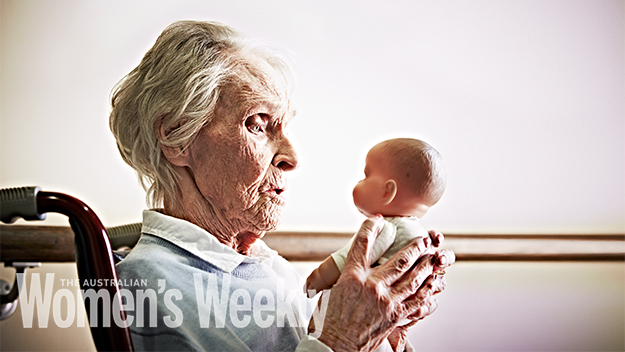The assessment checklist, which also includes providing Do Not Disturb signs and allowing visits from sex workers, was developed to enable nursing homes to better support older people in maintaining their sexuality.
The Sexuality Assessment Tool for residential aged care facilities – funded by the Australian Government and developed by the Australian Centre for Evidence Based Aged Care at Victoria’s La Trobe University – gives managers a score out of 69 to assess how well their establishment supports the sexual needs of residents.
“Many older people living in residential aged care facilities continue to desire intimacy, which may range from simple touch and cuddles, to sexually explicit contact,” the 12-page document explains.
“Unfortunately, expressions of sexuality by older people can present difficulties and challenges for staff working in residential aged care facilities, as well as families.”
As well as promoting policies on sexual expression, the assessment tool scores the training of staff, provision of information, safety and the environment.
Information on sexually transmitted infections (STIs) should be available, for example, and residents should be able to attend social events, discuss their personal needs and “request sexually explicit materials to use in the privacy of their own rooms”.
Staff are encouraged to help residents with their personal presentation and styling, and knock and wait permission before entering their rooms.
Meanwhile, staff should be trained to recognise signs of unwanted sexual contact or abuse. Apart from crisis situations, the use of chemical or physical restraint to control residents’ sexual expression was not recommended.
Guidance on negotiating consent and the rights of older people with cognitive impairment, such as dementia, is also provided.

